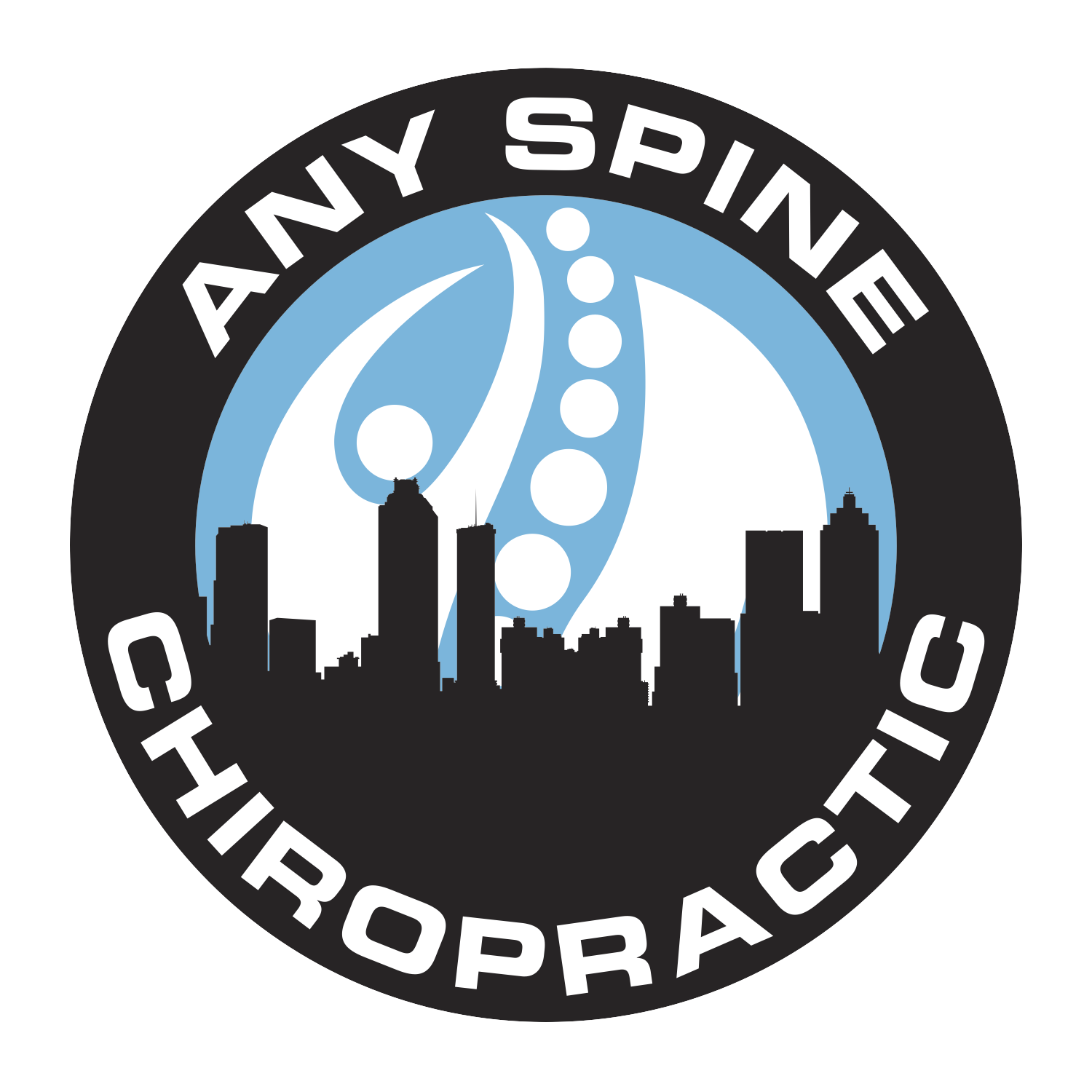Chiropractic Care for TMJ Issues
Chiropractic Care for TMJ Issues
Understanding TMJ Issues
Temporomandibular joint (TMJ) issues refer to dysfunction or pain in the jaw joint and the muscles that control jaw movement. TMJ problems can result in symptoms such as jaw pain, headaches, ear pain, clicking or popping sounds in the jaw, and difficulty chewing. These issues can be caused by various factors, including stress, teeth grinding, misalignment of the jaw, or spinal subluxations—misalignments in the spine. Subluxations in the cervical spine can affect the muscles and nerves that control the jaw, contributing to TMJ dysfunction. At Any Spine Chiropractic & Massage Studio, I focus on correcting these subluxations to help manage TMJ issues and restore proper jaw function.
The Link Between TMJ Issues and Spinal Subluxation
Spinal subluxations, particularly in the cervical spine, can create tension in the muscles surrounding the jaw and contribute to TMJ dysfunction. When the cervical vertebrae are misaligned, they can irritate the nerves that control the muscles of the jaw, leading to tightness, pain, and improper movement. By addressing these spinal misalignments through chiropractic care, it is possible to reduce nerve irritation, alleviate muscle tension, and restore normal jaw function, helping to alleviate TMJ symptoms.
How Chiropractic Care Can Help with TMJ Issues
Chiropractic care offers a natural, non-invasive approach to managing TMJ issues by focusing on spinal alignment, reducing muscle tension, and improving joint function. Here’s how chiropractic care can help:
1. Spinal Adjustments to Reduce Nerve Interference
Spinal adjustments are the foundation of chiropractic care. By correcting misalignments in the cervical spine, chiropractic adjustments help reduce pressure on the nerves that serve the jaw muscles. Proper spinal alignment ensures that the nervous system can communicate effectively, reducing muscle tightness and dysfunction in the jaw.
With consistent chiropractic care, many patients experience reduced jaw tension, fewer headaches, and improved overall function of the jaw joint, allowing for a more comfortable lifestyle.
2. Reducing Muscle Tension in the Jaw and Neck
Muscle tension in the neck, shoulders, and jaw is a common contributor to TMJ issues. Chiropractic care includes soft tissue therapies, such as trigger point therapy, myofascial release, and gentle stretches to help release tight muscles and improve flexibility. By addressing muscle tension, chiropractic care helps relieve pain and improve the range of motion in the jaw.
Reducing tension in the muscles surrounding the TMJ helps alleviate pain and allows for smoother jaw movement, supporting long-term recovery from TMJ dysfunction.
3. Correcting Posture-Related Issues
Poor posture, especially when sitting for long periods or looking down at devices, can place strain on the neck and jaw, contributing to TMJ issues. Chiropractic care not only focuses on correcting spinal misalignments but also includes posture correction strategies to help prevent further issues. I provide posture exercises and ergonomic advice to help patients maintain a healthy spine and reduce tension in the jaw.
Improving posture helps reduce the pressure on the TMJ and promotes better overall alignment, which can alleviate TMJ symptoms.
4. Supporting Jaw Joint Alignment and Mobility
Chiropractic care also includes gentle adjustments to the TMJ itself, helping to restore proper alignment and improve joint mobility. By ensuring that the TMJ is in proper alignment, chiropractic care helps reduce stress on the surrounding muscles and ligaments, allowing the jaw to move more freely without pain.
With proper alignment of the TMJ, patients can experience improved jaw function, reduced clicking or popping, and less pain.
Benefits of Chiropractic Care for TMJ Issues
Chiropractic care offers several benefits for individuals dealing with TMJ issues, including:
- Non-Invasive Relief: Chiropractic care provides a natural, drug-free approach to managing TMJ issues without the risks of medications or surgery.
- Addressing the Root Cause: By correcting spinal subluxations, chiropractic care targets the underlying issues that contribute to TMJ dysfunction, providing long-term relief.
- Reduced Muscle Tension: Chiropractic adjustments and soft tissue therapies help alleviate tension in the muscles surrounding the jaw, reducing pain and discomfort.
- Improved Joint Function: Chiropractic care helps restore proper alignment and movement to the TMJ, allowing for smoother and pain-free jaw function.
What to Expect from Chiropractic Care for TMJ Issues
At Any Spine Chiropractic & Massage Studio, I begin with a comprehensive assessment of your spine, jaw, and muscle function to determine the underlying cause of your TMJ issues. Based on this evaluation, I will develop a personalized treatment plan that includes spinal adjustments, TMJ adjustments, soft tissue therapy, and exercises to help relieve your symptoms and improve your quality of life.
With consistent chiropractic care, you can expect to experience reduced pain, improved jaw mobility, and better overall function, allowing you to enjoy life without the limitations of TMJ issues.
Take the First Step Toward Relieving TMJ Issues
If you’re struggling with TMJ issues and looking for a natural, effective solution, chiropractic care may be the answer. Contact Any Spine Chiropractic & Massage Studio today to schedule your appointment. Let’s work together to address the root cause of your symptoms and help you find lasting relief.



